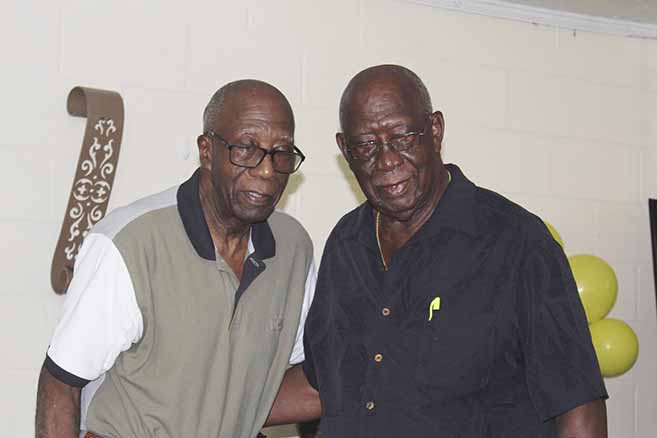WADA considers legal action against defamatory allegations

The World Anti-Doping Agency is considering taking legal action against defamatory allegations made by some organizations after an independent report confirmed the agency’s integrity and legitimacy in handling a contamination case involving Chinese athletes.
Citing the conclusions of a thorough and timely report by independent prosecutor Eric Cottier, WADA reiterated on Tuesday that its handling of the 2021 contamination incident involving 23 Chinese swimmers was responsible, appropriate and undeniably reasonable, and did not show any favoritism toward China.
“There is nothing in the file – which is complete – to suggest that WADA showed favoritism or respect or in any way favoured the 23 swimmers who tested positive for trimetazidine (TMZ) between 1 and 3 January 2021 when it reviewed CHINADA’s decision to discontinue proceedings against them without further action,” said the interim report presented by Cottier at a meeting of the WADA Executive Committee.
“The investigator has found no evidence of interference or meddling in WADA’s review, as described above, either within the Agency or from outside, by any body or institution, including CHINADA or the Chinese authorities.”
“The investigation did not reveal any irregularities on the part of WADA in its review of CHINADA’s decision. This review was detailed and covered all relevant aspects in determining whether or not to appeal the decision.”
After a thorough investigation, supported by external consultations, WADA agreed with a report by the China Anti-Doping Agency and concluded that no athlete should be held responsible for doping violations in the 2021 incident.
The 23 swimmers involved were found to have inadvertently ingested the banned substance TMZ after accidentally coming into contact with it in a hotel, so that their tests at the competition showed a positive result for an “extremely low concentration” of the substance.
The case files, which were supposed to be kept confidential to protect the athletes involved, somehow made their way to the New York Times and the ARD, which in April, three months before the Olympic Games in Paris, which begin on July 26, published exaggerated reports about a case that would otherwise have remained secret.
The CEO of the United States Anti-Doping Agency (USADA), Travis Tygart, has made several baseless accusations against CHINADA and WADA since the case became known, claiming that they were involved in the “cover-up of an intentional doping case”.
Oliver Rabin, WADA’s senior director of science and medicine, said the report’s conclusions were legitimate and convincing.
“From a scientific point of view, it is important to examine all aspects of the file to ensure that the explanation regarding the origin of the prohibited substance is credible,” he said in a press release published on the WADA website.
“Despite our skepticism, a careful review of all verifiable facts in this case revealed no evidence that would call the contamination scenario into question.
“Rather, all available evidence suggested that this was an accidental contamination and not an intentional ingestion.”
WADA President Witold Banka said Cottier’s investigation confirmed “that there were no irregularities in WADA’s handling of the case.” He said the agency’s next step would be to meet with outside legal counsel to examine “what action can be taken against those who have made untrue and potentially defamatory allegations.”
“These allegations have caused extreme damage to WADA’s reputation and to the trust of athletes and other stakeholders in the agency and the global anti-doping system,” Banka said.



